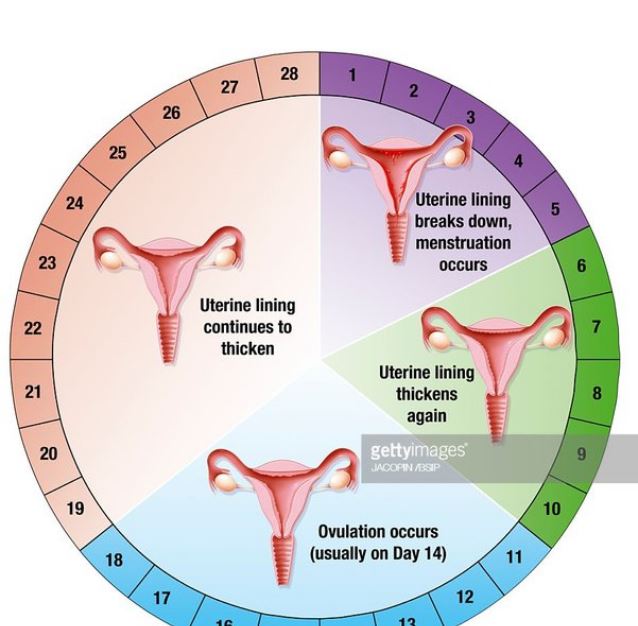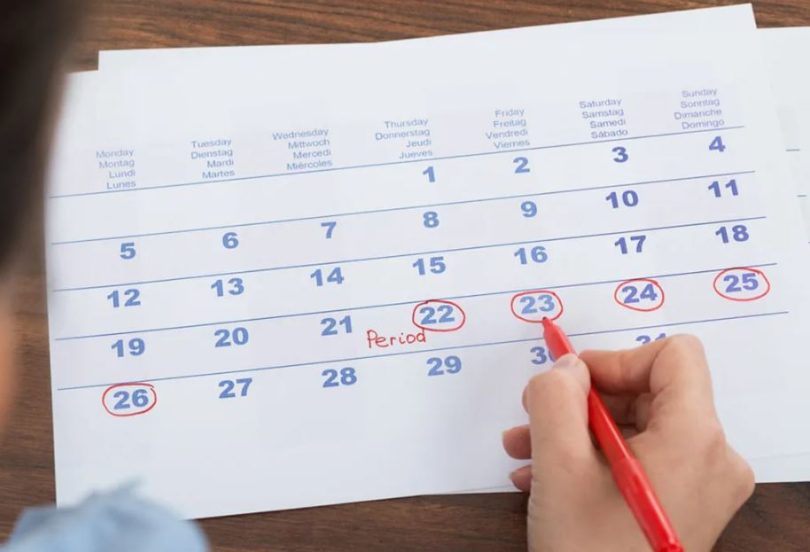Safe days of a Woman after periods -A woman’s safe days, also known as the fertile window, are the days during her cycle when she is most likely to conceive. This window typically occurs in the middle of her cycle, around 14 days before her next period begins.
However, it’s important to note that every woman’s cycle is unique and can vary in length and regularity. This means that the fertile window can also vary from woman to woman and even from cycle to cycle for the same woman.
Safe days of a Woman after periods: Everything you need to know

Here are some general guidelines to help you understand safe days:
- The fertile window is usually around 6 days long, starting 5 days before ovulation and ending on the day of ovulation.
- Ovulation typically occurs around 14 days before your next period begins, but this can vary depending on your cycle length.
- The 3 days leading up to and including ovulation are considered the “peak fertile days,” when you are most likely to get pregnant.
If you are trying to get pregnant, you should have sex during your fertile window. However, if you are trying to avoid pregnancy, you should avoid having sex during your fertile window or use a reliable form of birth control.
Here are some methods you can use to track your fertile window:
- Calendar method: This method involves tracking your cycle and using a calendar to predict your fertile window.
- Basal body temperature (BBT) method: This method involves taking your temperature first thing in the morning before you do anything else. Your BBT will rise slightly after ovulation.
- Cervical mucus method: This method involves observing changes in the consistency and amount of your cervical mucus. Your cervical mucus will become clear and stretchy around ovulation.
- Ovulation predictor kits (OPKs): These kits can detect the surge in luteinizing hormone (LH) that occurs before ovulation.
It is important to note that these methods are not perfect and cannot guarantee that you are not pregnant. If you are concerned about birth control, you should talk to your doctor.
Here are some additional factors that can affect your safe days:
- Stress: Stress can affect your hormones and ovulation.
- Illness: Illness can also affect your hormones and ovulation.
- Medications: Some medications can affect your hormones and ovulation.
If you are unsure about your safe days or have any concerns about your fertility, you should talk to your doctor.



